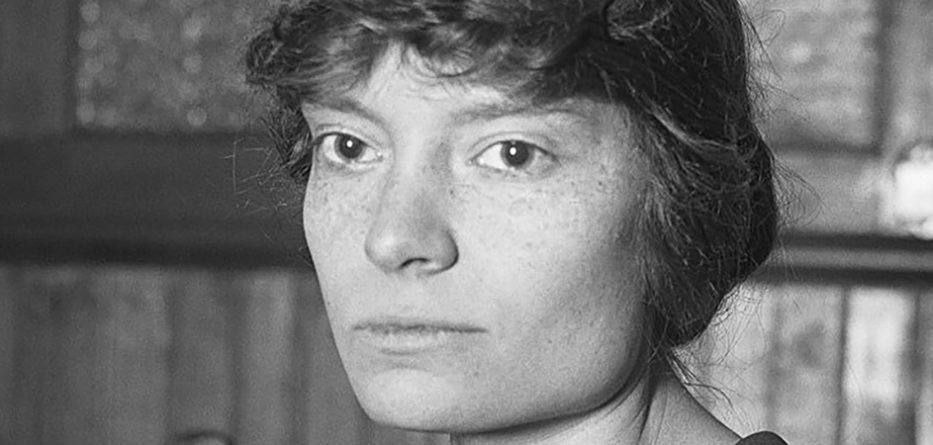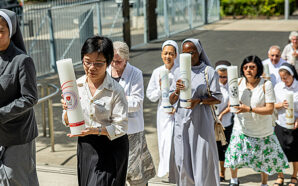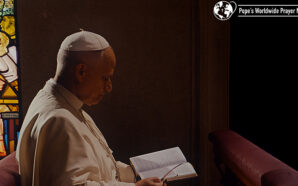November 29 commemorates the life of Dorothy Day
On November 29, the Uniting Church celebrates the inspiring Christian life of Dorothy Day. This is a generous gesture because she was not a member of that church but a convert to the Catholic Church. In becoming a Catholic, she entered a world strange to her. Catholics, too, saw the experiences of her early years as different from their own, even alien. Today, however, her experiences would be shared by many young Catholic women.
In the Catholic world that received Dorothy Day, the fearsome realities of abortion, atheism, divorce, unmarried motherhood and revolution were imagined as lying beyond its boundaries. They belonged to a Godless world, and women who embraced or were caught up in them were seen as dangerous and were often ostracised.
Dorothy, however, had been brought up without religious faith, embraced atheism, marched, fought and been imprisoned for her social activism, had experienced an abortion, separated from her husband and raised their child alone, and finally become a Catholic. This was not a normal path to religious conversion.
In the Catholic Church today, where stories of losing faith, finding it and regaining it, and where various patterns of sexual relationships and family life are common, Dorothy Day’s experience remains distinctive though no longer seems outrageous or inconceivable. But she remains challenging.
Partly through the influence of Peter Maurin, the French Catholic theorist whom she met in New York, she braided together three strands in a radical and attractive rope of lived Catholic faith. The first thread was composed by sharing the life, aspirations and experience of people who were poor. For Dorothy this was her bread and butter, the heart of her faith. It took her on to the streets to support strikes and to stand with oppressed workers.
In her way of living faith in a community, too, the association with poor people was embodied in the Catholic Worker houses, set on the poor streets of the cities. They brought together people who were homeless and people who wished to share their company. They were the building blocks of church. The presence of the poor was one test of the authenticity of Christian faith.
The second thread was a reflective, shared faith – reflective both attending to the Gospel and to the lived experience of people who were poor. For Dorothy, who had worked as a journalist, it was natural for her to share reflection on faith with the wider Catholic community. The Catholic Worker newspaper that she founded expressed her faith, explored the radical ways in which the Gospel made claim on Catholics, and tested the directions in which the movement headed.
The third thread was pacifism. The emphasis on joining the poor of the streets had brought Dorothy’s faith into daily play in the struggles of workers for social justice and the repression of the poor. The emphasis on pacifism named a quality of the spirit central in the life of the Catholic Worker communities and in the Christian response to conflict. The Catholic Worker houses gathered together people who were variously homeless, had strong convictions, suffered from mental illness and had lost their way. Conflict and the possibility of violence were always close at hand.
The pacifist tradition provided a guideline for life in the communities. It also brought the Gospel into contact with the international world marked by war and conflict, including conflict within the Catholic Church.
For Dorothy, her pacifism lost the Catholic Worker two thirds of its circulation after it criticised Franco’s part in fighting the Spanish Civil War. It lost a further mass of subscribers when it opposed the use of the Atomic Bomb against Japan. On both occasions, Dorothy was unmoved. She later was arrested for participating in further protests.
Dorothy Day brings together many strands of the Gospel: companionship with people who are poor, an uncompromising discipleship of Jesus, a commitment to simplicity of life, engagement with the world outside the Church and a radical trust in God.
For us at Jesuit Social Services, she embodies the best possibilities of the Catholic tradition.
Fr Andrew Hamilton SJ writes for Jesuit Communications and Jesuit Social Services.








